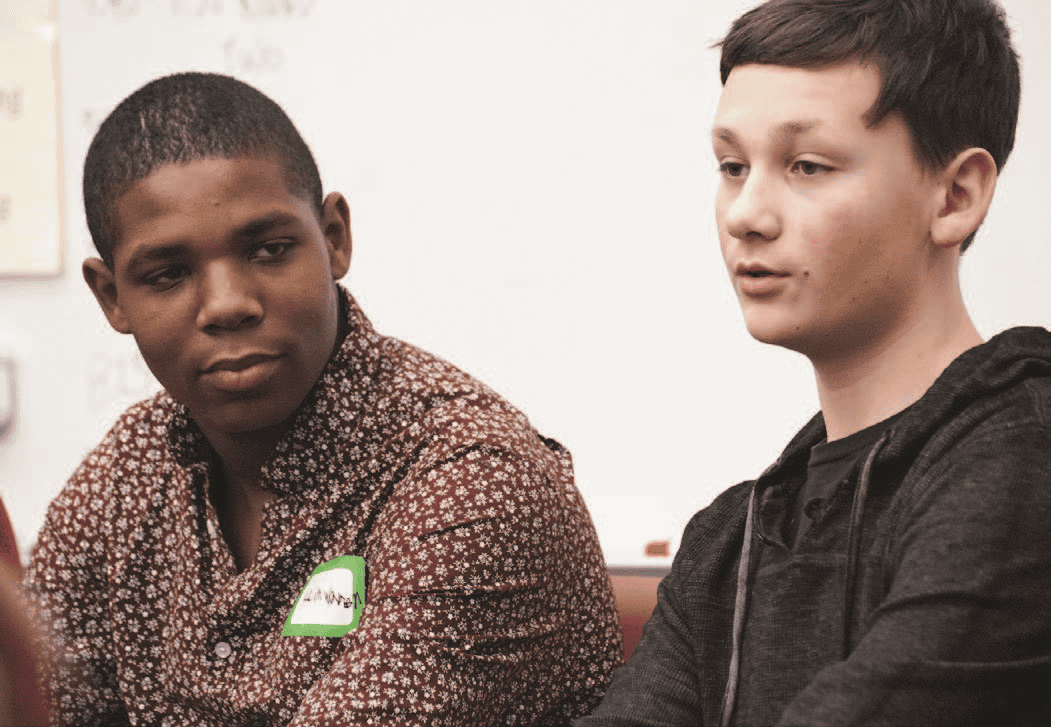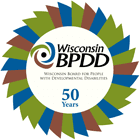Improving Abuse and Neglect Response:
Agencies
Why Improving Abuse and Neglect Response is Important to Agencies
Disability service providers often interact with individuals with disabilities the most. As such, they are in a position to both prevent and respond to potential instances of abuse and neglect the fastest. To prevent abuse and neglect
from occurring, service providers should know and address the indicators of abuse and neglect before an incident occurs. The National Core Indicators lists the main predictors of abuse and neglect as:
• Social isolation (lack of friendships and relationships
beyond paid staff)
• Social stigma related to a lack of respect for people with disabilities
• Lack of privacy within the residence
• Ignorance of individual rights
• Staff stress and lack of training
• Significant dependence on others
• Lack of control/decision-making
• Lack of community participation (1)
To effectively prevent and respond to abuse and neglect, agencies need robust policies and procedures for reporting incidents, providing support to the people they serve who have experienced abuse, and ensuring perpetrators are
unable to continue harming individuals. Additionally, service providers should have accessible training options for staff and ongoing educational opportunities for participants. People with disabilities should be involved in decision-making
processes at all levels of the organization and should be given access to materials in plain language and in a format that works for them. Providers should have robust intake processes that investigate all aspects of the person they plan to serve and ongoing person-centered planning conversations with the participant should occur throughout their time receiving services.
Comprehensive policies addressing abuse and neglect significantly impact positive outcomes for individuals served. Studies show that providers who have clearly defined expectations around abuse and neglect and training for staff have
safer and more satisfied participants and less staff turnover. Human Rights Committees that include members from outside the organization can help keep service providers accountable for reviewing rights restrictions and ensuring
participants can exercise their rights.
In Wisconsin, the Living Well project worked with pilot provider sites to improve their understanding and response to abuse and neglect. The providers developed or improved their written policies on how reports of abuse would be handled. They also worked on training staff around participant’s rights. Some providers developed Human Rights Committees to review rights restrictions of participants and make sure staff wasn’t infringing on people’s ability to make choices. Providers used Personal Outcome Measures (POM) interviews to get a fuller picture of the people they serve and the areas where support would enhance their outcomes. The project emphasized elevating the voices of individuals with lived experience and their involvement in decision-making processes at every level of service implementation, emphasizing the importance of accessible information and having people with lived experience involved in trainings for both staff and participants.
Wisconsin Living Well agencies had a 47% improvement in ensuring health, safety and security
How Agencies Can Improve Abuse and Neglect Response
Intake Practices: Ensure thorough and person-centered intake practices.
Understand the unique needs and preferences of individuals through person-centered planning, creating plans that prioritize their well-being. This tailored
approach prevents abuse and neglect by incorporating individual voices into the
support framework.
Policies and Procedures: Establish clear rules in policies and practices about
what to do when an incident occurs or someone reports abuse and neglect.
Make sure the person receiving services is kept informed of the policies. Make
sure there is a policy in place to include the person reporting in the decision
making.
Culturally Responsive Practices: Ensure that policies and practices are
accessible to people of all backgrounds, including non-English speakers, people
with disabilities, and those from marginalized communities. This may involve
providing translation services, TTY/TTD services, and culturally sensitive support staff when necessary. Staff should be trained in these practices.
Ongoing Support and Evaluation: Conduct regular check-ins with participants to assess the effectiveness of supports, any changes in their preferences, and to address any concerns they have in their care or services. Ongoing feedback
ensures a proactive approach to preventing abuse and neglect.
Staff Training: Invest in comprehensive training for staff to recognize signs of abuse and neglect. Emphasize treating individuals with dignity, respecting their choices, and understanding the concept of “dignity of risk.” Training should empower professionals to balance safety and individual autonomy, preventing abuse while promoting independence.
Participant Learning: Facilitate ongoing learning for participants about safety and their rights. Encourage family involvement in the learning process, ensuring a shared understanding of rights and abuse prevention. When both providers and families are educated, it creates a collaborative environment that can better detect or prevent incidents of abuse and neglect.
Human Rights Committees: Establish a Human Rights Committee to ensure the respect of individuals’ rights and limit rights restrictions. Involve people from outside the organization to prevent institutional bias and fosters a culture of
accountability and respect.
Tools for Agencies
Human Rights Committee – States have varying frameworks and regulation around Human Rights Committees. Some states do not have any regulation around Human Rights Committees at all. CQL offers a webinar and FAQ on developing effective Human Rights Committees.
Basic Assurances – is a tool developed by the Council on Quality and Leadership (CQL) to evaluate the essential, fundamental, and non-negotiable requirements of all human service organizations and system. The Basic Assurances® provide organizations with guidance for ensuring that systems translate into actual practices to positively impact the lives of people with intellectual and developmental disabilities, and psychiatric disabilities.
Personal Outcome Measures (POM) – is a person-centered discovery tool developed by CQL to explore the presence, importance, and achievement of personally-defined outcomes, along with the supports that help people attain their individual goals and dreams. 21 indicators are used to gain valuable
insight into the lives of people with disabilities. The interview covers a variety of topics, including choice, health, safety, social capital, relationships, rights, employment, and more. For decades, the internationally recognized tool has been an effective data set for valid and reliable measurement of individual quality of life.
Living Well Agency Self-Assessment – This tool provides an opportunity to gain full understanding of an agency’s policies, procedures and practices related to providing high quality HCBS. It focuses on ten domains and includes select factors and probes from the Council on Quality and Leadership’s (CQL) Basic Assurances. After completing this tool, choose your top three domains to focus your quality improvement work.
Open Future Learning – is an affordable, effective online training platform designed exclusively for agencies supporting people with IDD. Open Future Learning has collaborated with revolutionary thinkers and leaders in the IDD field to create thought provoking, engaging training content for staff on a wide variety of topics.
Safe and Free Meeting Guides – The WI BPDD Living Well Safe and Free meetings are designed to help youth and adults with I/DD learn about important topics and skills for self-advocacy, safety and independent living. This meeting series is co-facilitated by a self-advocate leader and an agency staff. Meetings are typically 1 hour to 1.5 hours long. There are 12 meetings in the series. The topics include: Safety at Home, Safety in the Community, Abuse Awareness and Relationships.
Let’s Talk About Rights Guides and Videos – These WI BPDD Living Well guides and videos help people understand human rights. There are three guides available: one for self-advocates, one for agency staff and one for family members and guardians. Each guide was developed in workbook format to facilitate reflection and planning.
Healthy Safe and Connected Toolkit – The WI BPDD Living Well toolkit features three sections: Stay Healthy, Stay Safe, and Stay Connected. These sections feature plain language resources and worksheets for you to fill out and talk about with your supporters. The fillable version of the toolkit can be downloaded in English, Spanish, or Hmong here. You can also fill out our resource order form to get physical copies mailed to you for FREE!
Elevatus Healthy Relationships and Sexuality– A curriculum for individuals with developmental disabilities to focus on teaching about relationships and sexuality. Agencies can be trained in the curriculum to deliver the instruction to their clients.
Reflection Activity
Download the Reflection Activity to make your Improving Abuse and Neglect Response Action Plan!

Navigate the Blueprint
Hear from a Living Well Pilot Site on the Impact of Rights Education for Staff:
Real Lives. Real Connections.
“Rights Education has started a wave of movement in our organization. I don’t think we’ll ever be the same. I’ve had countless staff after going through rights training in my office in tears; People who have worked for us for over 20 years, saying ‘what was I doing?’… Once you know your role, you can’t ever go back, you can’t tolerate anything that isn’t ok. It starts one person at a time and then it just grows across the entire organization.”
-Living Well Pilot Site

